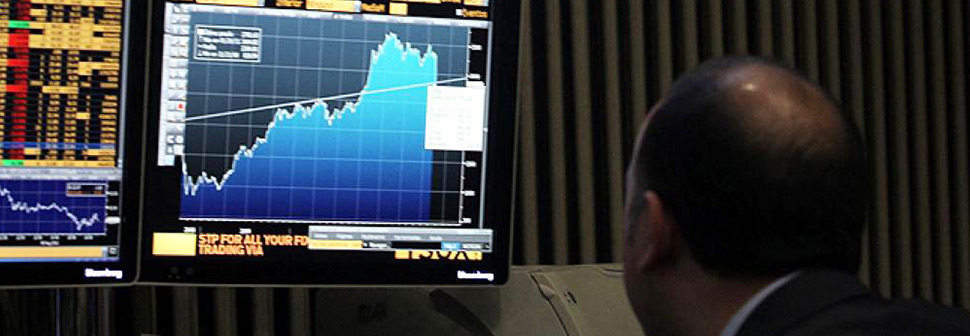Will 2017 be a prosperous year for the Latin American markets?


Plenty has been said about the consequences of Trump’s presidency on Latin American economy: protectionist measures will hurt the whole region, tariffs will increase and there’s the glooming idea of the wall between the U.S. and Mexico. While some have a pessimistic outlook and are preparing for the worst, others hold a rather stoic view, even showing optimism about the opportunities that this new economic context might bring.
As analysts from The Economist and Financial Times have said, Trump’s statements and so-called plans open the gate for economic integration in Latin America. If the U.S. strengthens its trade policies, Latin American countries need to think of another economic ally that allows them to carry on with considerable exports and economic growth. However, the optimism of some goes beyond that. Even if we take the U.S. out of the equation, countries like Argentina, Peru, Colombia, Chile and Panama have a good chance of thriving on their own.
Argentina, in spite of the regular political blows –an inheritance of the Kirchners–, is betting on an important infrastructure and investment program. It’s also trying to create a healthier and more appealing environment for businesses. The influence of Argentina’s technocratic government is still to be seen. However, they have a clear goal in mind: getting the country to the place it has historically earned –a financial and economic center in Latin America.
While Peru’s interest lies on expanding its trade agreements with China, Colombia is focusing on its institutions and getting the most out of the peace agreements, which will likely help the country to seem more appealing to foreign investors. Both countries, even though are suffering the effects of natural disasters, are in the route to establish fairly organized economies. The same goes for Panama and Chile, two countries that remain the most stable in the region.
The usual black sheep of Latin America, Venezuela, is, evidently, far from this optimistic situation. But the rest of countries are, smartly, distancing themselves from the mess led by president Nicolás Maduro. Even more, the social and political decisions of Maduro’s administration are pushing it away from the prosperity train.
The political uncertainty is hitting hard all around the world. However, against all odds, Latin America seems to understand that it’s time to overcome political differences and call for internal and external economic stability. And major investors, including Goldman Sachs and BlackRock Inc. –according to a report from Bloomberg–are picking up on those intentions. If Latin America manages to distance itself from the noise, we could be on the verge of an economic boom.
LatinAmerican Post | Juan Sebastián Torres





